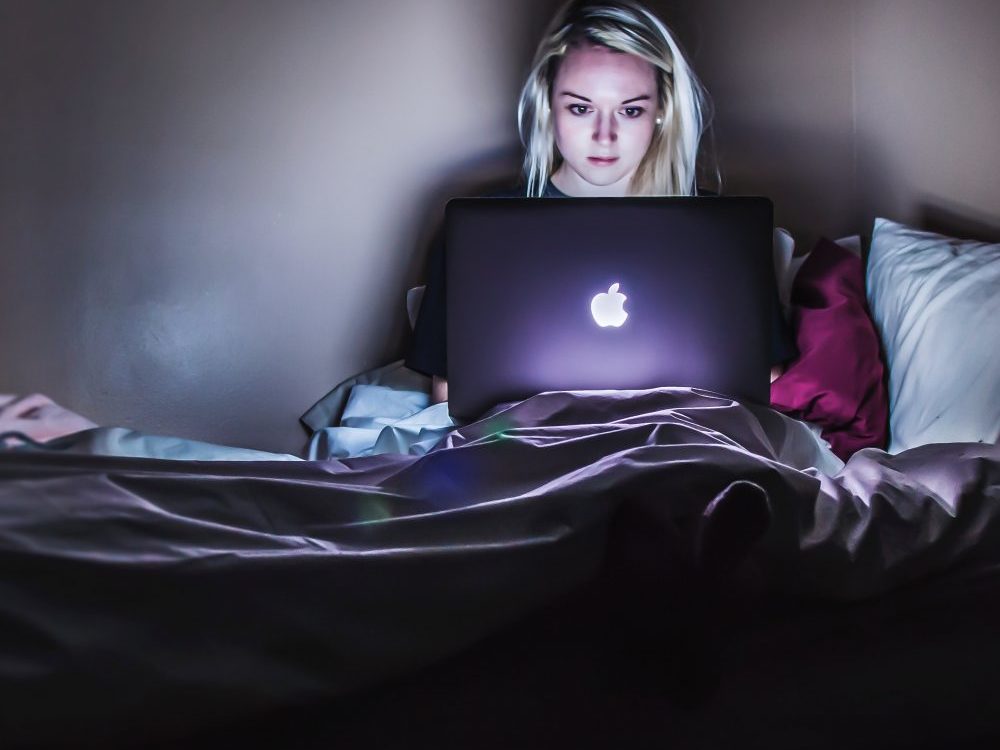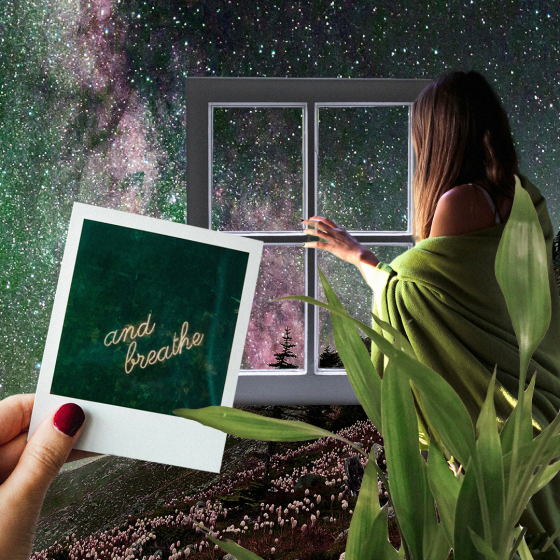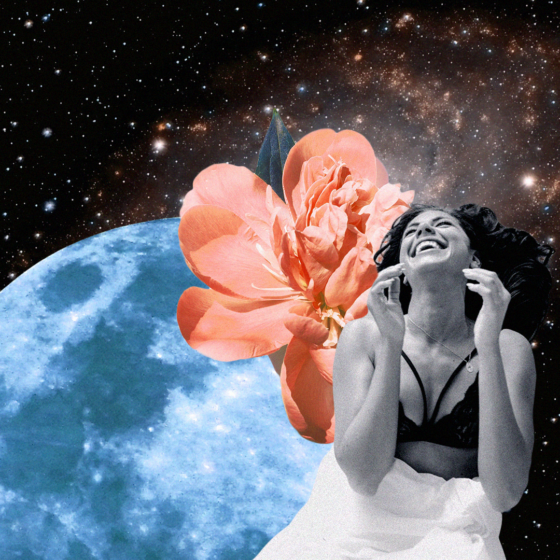Last year, a new social experiment hit our screens. A group of strangers were placed in isolation from both the outside world and each other. We watched them every night — what they ate, how they dressed, but most importantly, how they interacted with their fellow players through an online social network. One by one, contestants were voted out, eventually leaving the person ranked ‘most popular’, Alex Hobern, as the winner of £75,000. The twist? Alex had been disguising himself as a girl named Kate, using his girlfriend’s pictures to catfish his way to the prize.
No, this wasn’t an episode of Black Mirror, but you’d be forgiven for thinking it was. Often cited as half reality TV, half dystopian sci-fi, The Circle proved to be a major hit for Channel 4. Despite the show’s finale only pulling in 600,000 viewers, it developed an almost cult-like status on Twitter, and further series were soon commissioned. Its second offering will start today, and with Emma Willis now joining the show as presenter, it’s sure to be even bigger than before.
Initially, I loved The Circle. I found it addictive, enthralling and the very definition of fresh. I thought of it almost like a caricature — a show that held a mirror up at modern society as if to say “isn’t this ridiculous?’, as the contestants created increasingly obscure online personas to trick each other. Look, what 22-year-old girl is really going to pretend to be an old man on the Internet?
But, as the series progressed, there were a few moments where I started to think, ‘hang on, this isn’t quite right’.
One turning point in particular was when contestants Dan and Alex met in real life, shortly before the finale. Dan had grown close to ‘Kate’ after speaking to her through a screen every day for three weeks, and began to see her in a romantic light. Upon realising that Kate was really Alex, he was outraged. Sure, the moment made for some amusing memes, but its impact on Dan was far more pertinent. He told 5 Live, “I was absolutely furious. In my entire life I have never felt so many emotions at the same time. I felt angry, but I was also very upset and extremely embarrassed.”
In today’s landscape, with shows such as Love Island facing increasing levels of scrutiny regarding their aftercare process, along with the recent Jesy Nelson documentary on how online trolling severely affected her mental health: is a show where lying is actively encouraged really the direction we want to go in?
I spoke to Dr Kate Mason, Clinical Psychologist at Roots Psychology about the impact The Circle could have on it’s contestants — and why it’s crucial that production teams look after them.
“This show in particular appears to be quite isolating,” she explains. “Removing people from reality and forcing them to live false lives in order to be accepted can cause problems with self-esteem, confidence, and can ultimately lead to anxiety and depression.”
There’s no doubt that shows like Love Island and Big Brother have severely harmed contestants’ wellbeing over the years, the extent of which, in some cases, is only just being realised. But these shows crucially had one element that The Circle really lacks: human contact. This is incredibly important, Dr Mason explains, as communicating via text or online does not produce the same neurological effects on our bodies as human interaction, which releases feel good chemicals dopamine and oxytocin.
Alex told RadioTimes of his experience; “I was completely unprepared for the amount of isolation that there was. You’re not allowed outside the block of flats, you’re only allowed on the roof, in the gym, and to go and film your little diary room bit – but only when no-one else was around.”
A series where contestants do not meet and must live by themselves for 3 weeks definitely seems like a step backwards for reality TV, ironic considering the show’s focus on technology.
Another of The Circle’s unique features is its encouragement of catfishing, with contestants able to either play authentically as themselves or pretend to be someone else. This is problematic because, as with Dan and Kate, contestants develop close relationships over weeks and can be severely emotionally affected when the foundations these are built on are revealed to be false. Without visual cues, we are unable to distinguish whether a person or friendship is genuine, and therefore leave ourselves more vulnerable to exploitation.
Critically, it isn’t just The Circle’s contestants who could suffer the impact. Dr Mason explains that negative effects may also extend to viewers.
“These sort of shows take contestants away from who they really are and suggest to younger generations that being authentically you isn’t good enough,” she tells me. “It encourages pressure on young people to be ‘popular’ in order to win in life.”
Last year, contestant Freddie chose to ‘play it straight’ by not revealing his sexuality as a gay man. Whilst this can be seen as a fun, lighthearted way to explore a new persona, or even an on the nose criticism of straight men’s easy success in society — are we running the risk of telling younger viewers that parts of their identity are not valid, and must be hidden or changed to achieve popularity?
It seems that the very elements that make The Circle unique and innovative, such as its use of social media and the ability for players to become a different person, are simultaneously its biggest downfalls.
Whilst Alex has praised the aftercare team from last year’s series, the show is only likely to grow in popularity. Not only will this increase its influence over its audience, it will also catapult its contestants into the public eye, far more than the stars of series 1. As Dr Mason explains, “Adequate briefing and debriefing needs to be available to ensure contestants with newfound fame are able to tolerate the initial intense media attention (acceptance) which will be very often short lived (rejection).” This is a major area that aftercare will need to focus on, if the show is to have a place in 2019.
There is no aftercare team for viewers at home.
Even beyond aftercare and on-site psychological support, we have to question whether the format of The Circle itself is problematic. Should a reality series where relationships are engineered and manipulated by producers, still be actively encouraged?
Back in the year 2000, a very important social experiment hit our screens. A group of strangers lived in isolation from the outside world, and we as a nation watched their every move — what they ate, how they dressed, but most importantly — how they interacted with their fellow players. One by one, contestants were voted out, eventually leaving the most popular player as the winner.
Emma Willis has emphasised that The Circle is nothing like Big Brother. But with only segregated apartments and a fictionalised social media network to separate the two — it seems far more likely that reality TV has come full circle. Ten years later, in a world where we’re adamant that things have changed — isn’t this a circle we finally need to break?









